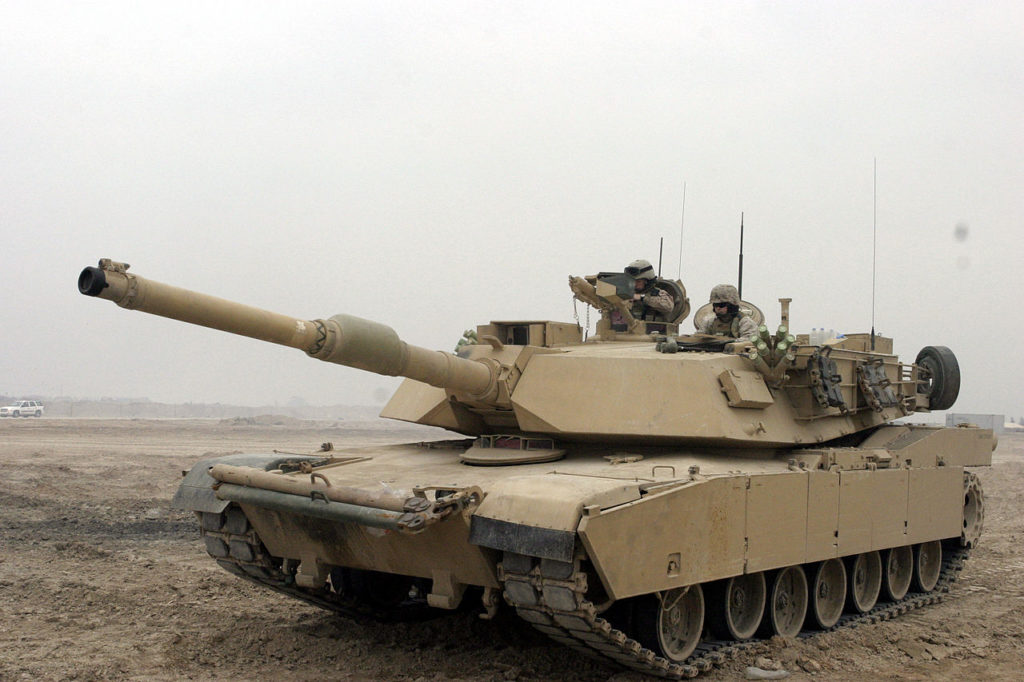As Defense Industry Spending Ramps Up, Manufacturers Must Avoid Cost Overruns
July 2, 2018

Earlier this year, Congress approved a $700 billion military budget, increasing defense industry spending by $160 billion. A sizeable portion of the budget will go toward modernizing the Army — not only with brand-new weapons, but with upgrades to existing systems, too.
Among the windfalls for the Army will be new Apache, Black Hawk, Lakota and Chinook helicopters; upgrades to the eight-wheeled Stryker vehicles, Abrams tanks, and Bradley
It’s a fantastic opportunity for contractors. Increased defense industry spending means more opportunities to do business with the government. But there’s a catch: Decades of cost overruns and missed deadlines have brought increased project oversight — as it should.
That “catch” presents another opportunity, though: The chance to break the cycle of blown budgets and schedule slips.
The defense industry is one of Electro Soft’s most important clients. We’ve supplied parts used in a wide array of military applications — including power cables for the Army’s Abrams Tank and various cable assemblies for ground combat systems (we’ve also worked on components used in U.S. submarines, ships, and aircraft).
To avoid the problems some other manufacturers experience, we have a number of systems in place that keep us on track and ensure our products are delivered on-time and on-budget.
For instance:
- A material requirements planning (MRP) system tracks and allows us to cross-check part numbers when they arrive. We’re an important part of the supply chain for more than 50 different customers, so all order information is logged into our MRP system — allowing us to stay on top of delivery dates and deadlines.
- All raw material comes with a certificate of conformance, certifying that all parts were made in conformance to specifications. This eliminates problems later on.
- Government inspectors visit us onsite, to check and accept products prior to shipment.
- In some cases, we’ll build and test a product first, at the government point of acceptance, to ensure the product works properly.
- We adhere to J-STD-001 and IPC-610 certification standards, a requirement for government manufacturing.
- We quote a firm fixed price, which keeps the government from running into expensive manufacturing issues.
As we move into a new era of military modernization, we hope other manufacturers will follow our lead by adopting more stringent cost- and schedule-control measures. Consistent oversights on government projects that lead to cost overruns, missed deadlines and equipment failures can no longer be the norm. It wastes taxpayer money, makes it more difficult for everyone else in the industry to acquire contracts, and, quite frankly, is downright unpatriotic.

